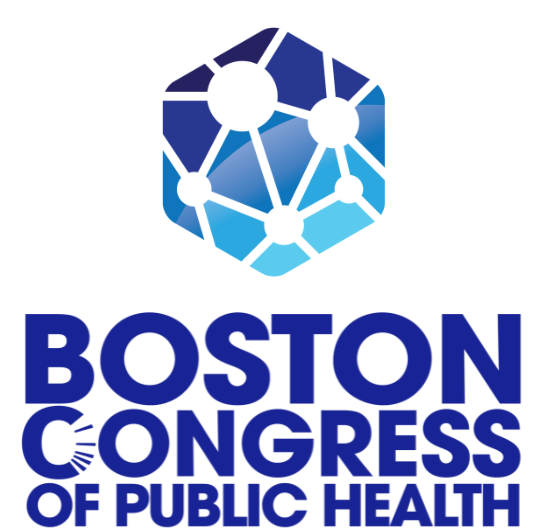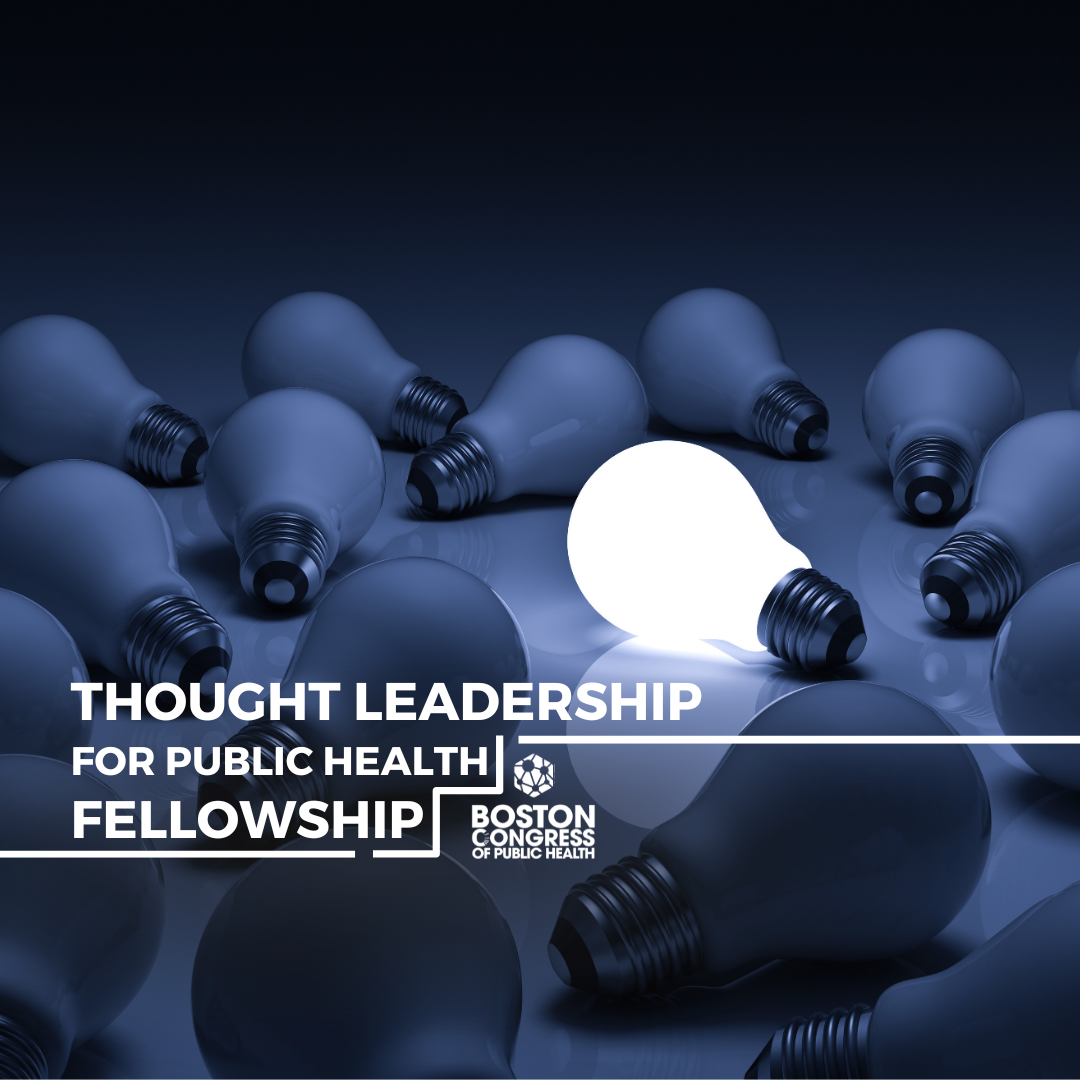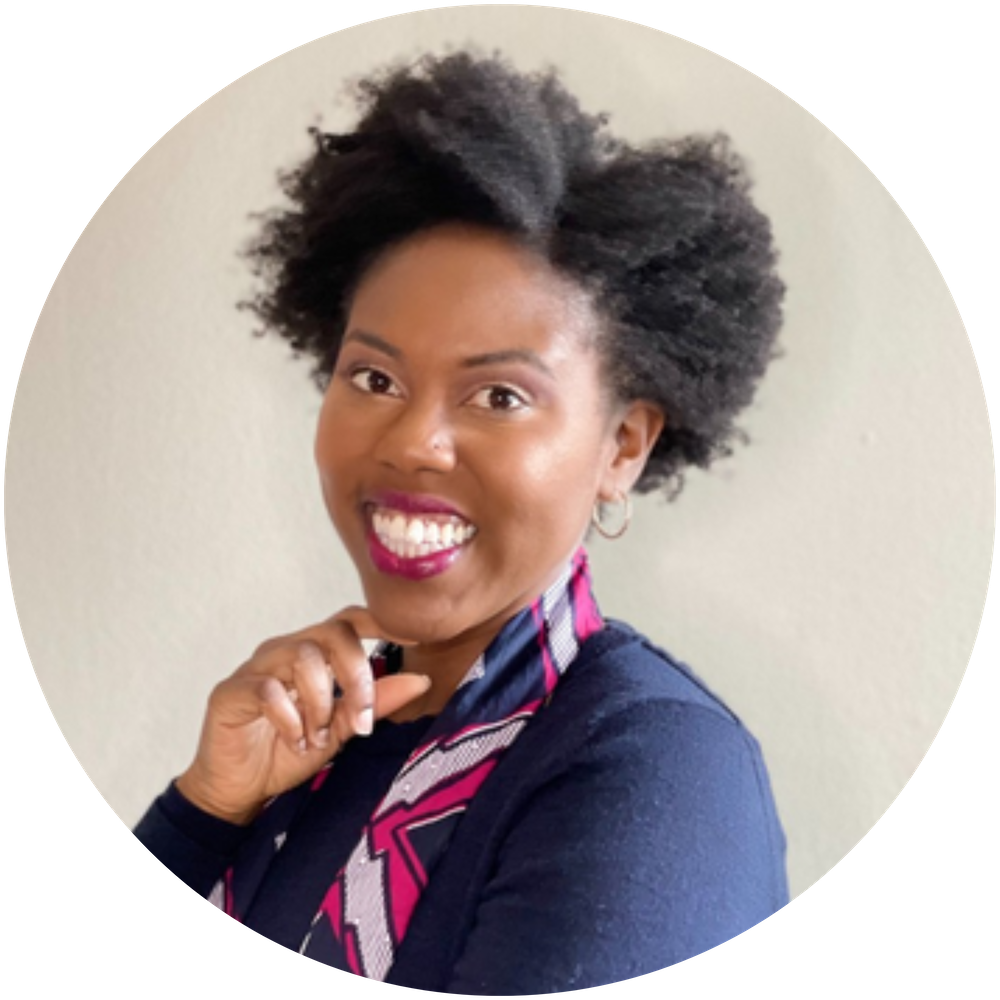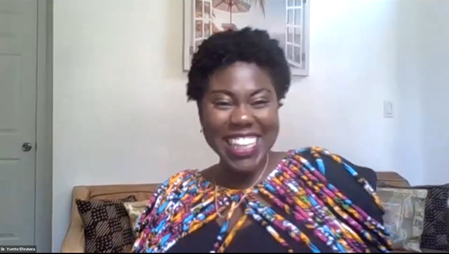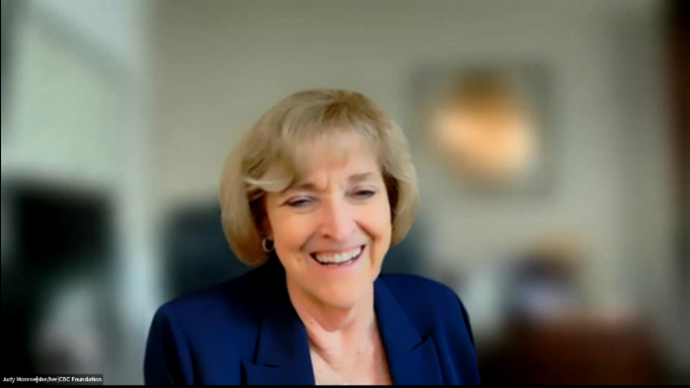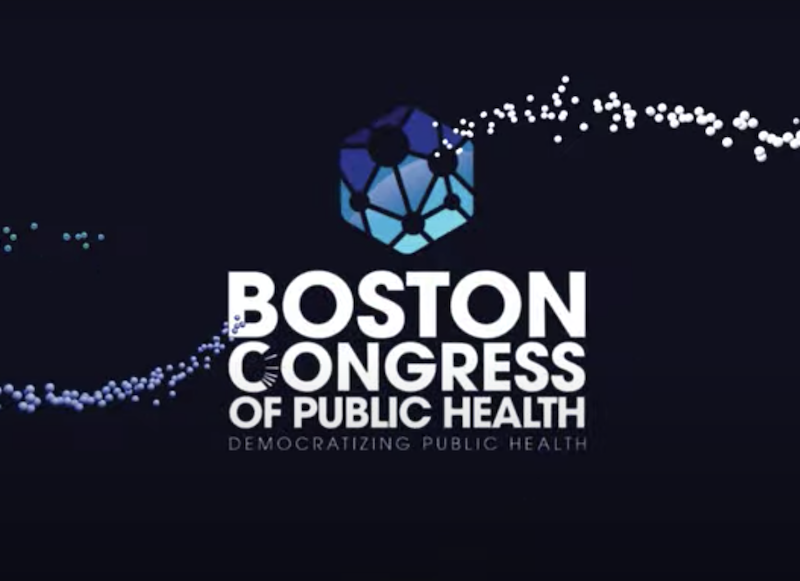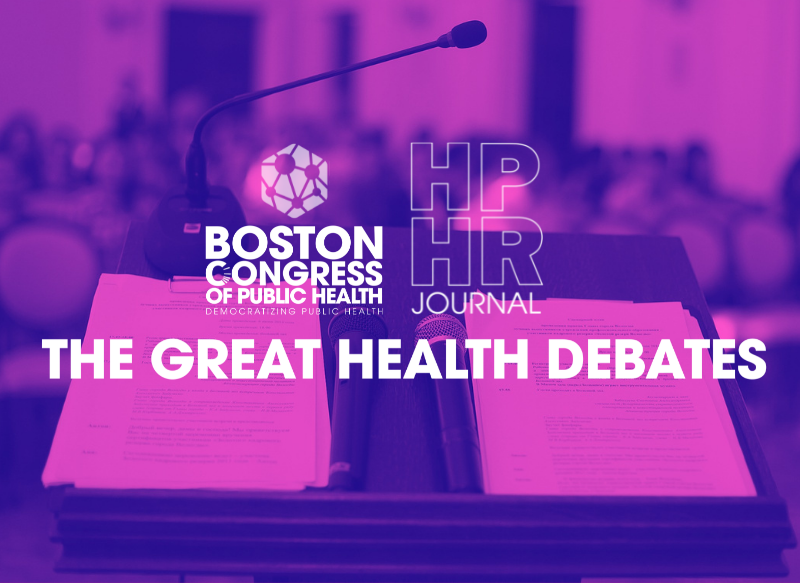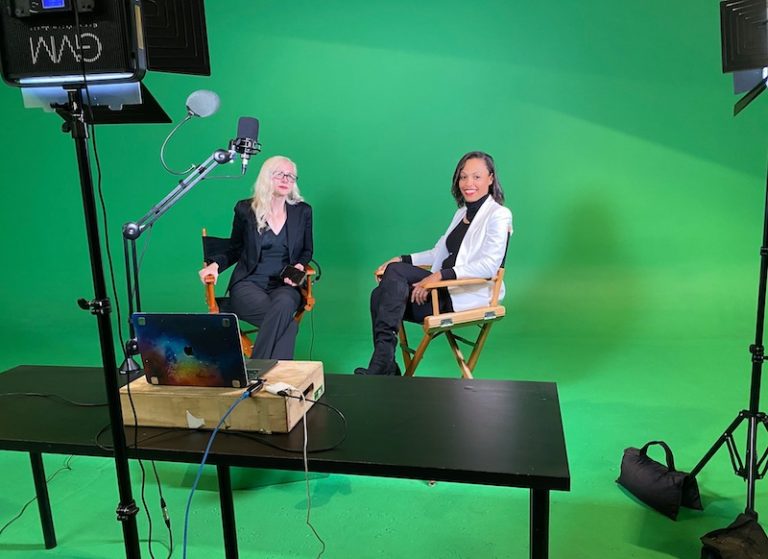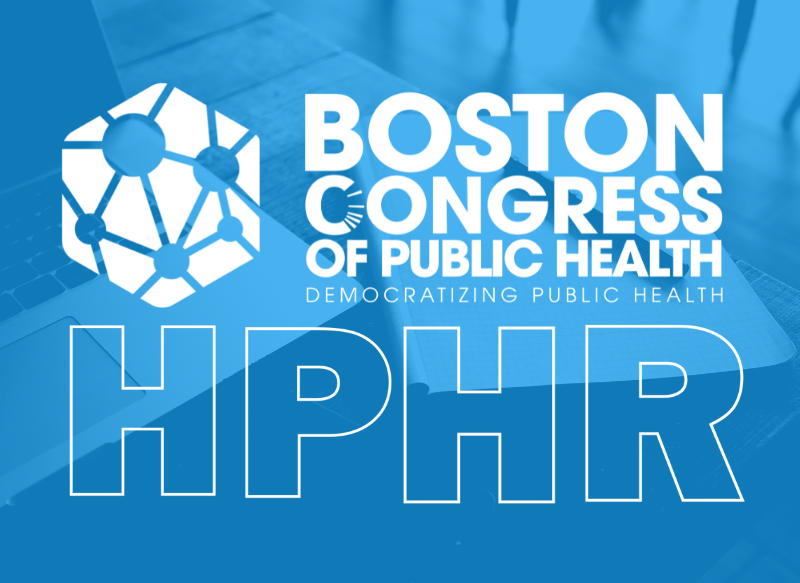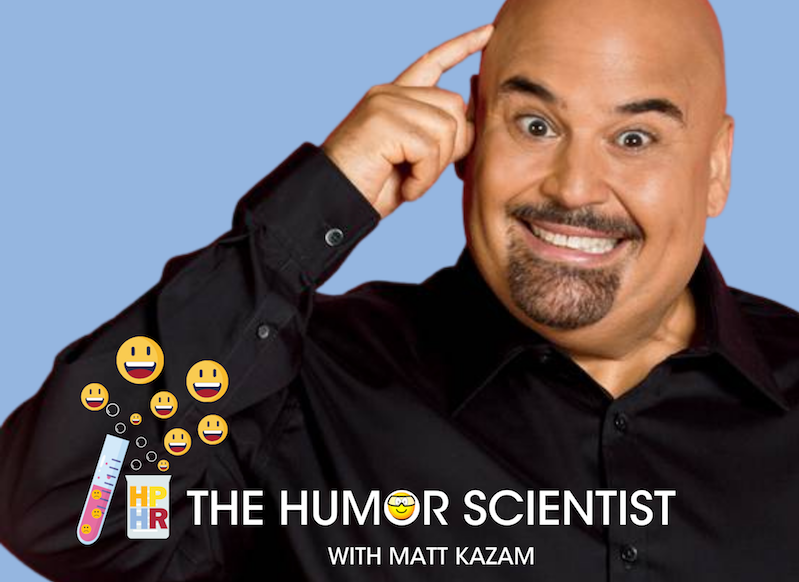Dr. Yvette: The first thought I had, Judy, is how political health is. You get into thinking “oh I want to change the world,” but I have to figure how to navigate an organization with people politics, and in your case, actual governmental politics.
Dr. Judy: You’ve got to learn the lay of land for sure.
Dr. Yvette: That piece on trust and community that you bring up, you know, I was doing some of my doctoral research years ago in Guinea, in West Africa, after Ebola. I remember wanting to interview women, and I had been encouraged by my mentor, Dr. Paul Farmer, to go and live and immerse myself in the environment, and I tried. And I remember, at first, people wouldn’t talk to me. People were suspicious. People were concerned. I saw a lot of those same lessons in my U.S. community during COVID-19 as well. So those pieces on trust and that community has power and community has the answer resonates so much with me. Also, it’s incredible to hear you as a leader of a major foundation stating that! This is a big deal, to have those kinds of values!
Dr. Judy: And you learn so much. Everyone you meet has so much to teach you.
Dr. Yvette: On a personal note, I’m a woman. You are a woman. And in the U.S., we have this notion of being able to do it all sometimes. You’ve got to have your home life. You’ve got to have your work life. You’ve got to be a leader as well and do this and do that. I’d love to know: what does “balance” look like for you, and how do you grapple with that?
Dr. Judy: Well, there’s a lot to unpack there. First, at a very high level, I will tell you that on any given day, I might not be balanced, but if I look back over a year or a longer period of time, I’ve actually been very balanced. I might put in long hours and have an intensely busy week, but I play as hard as I work. It’s my counterbalance. I was as fortunate to have a partner who was as happy to do dishes and change diapers, so I was fortunate to have someone who would share all aspects of life. So, I made a choice when the kids were little, and I deliberately took a job that was easy for me to leave in middle of the day to go to the school play or the basketball games. I think you balance your life through phases, and you can balance your life over time. But, in any given moment, you might be totally out of balance.
Dr. Yvette: That’s so comforting! That’s a helpful and a healthy perspective.
You know, Judy, a little bit about my background in gender equality, global health, and public health space. Diversity, equity, and inclusion has been a really important part of my own professional journey for more than a decade now. So, I have to ask you, as a white woman who is at the helm of a major public health foundation that has influence, how do you think about ensuring marginalized or historically excluded communities – like those I belong to, for example – are really at the forefront of decision making and have a seat at the table as well?
Dr. Judy: When I joined the Foundation, I started to diversify our board, so the leadership at the board level is far more diverse today than it was in 2016. Then, I began diversifying the executive team. And then, in turn, those executive leaders diversify our staff. Today, we have a very diverse staff.
During our COVID-19 response, we hired a Chief Health Equity and Strategy Officer, Dr. Lauren Smith. Lauren works with our senior leaders to develop and drive strategic efforts to embed health equity across all of the Foundation’s activities. In addition, Lauren’s team conducts webinars and trainings for our staff educating them on equity, diversity, and inclusion. So, you have to be very intentional.
We do a lot with our community organizations, and we recently created a youth council. We want to hear the voices of youth from a lot of different communities. We’re really concerned about climate and health. We need to hear from the communities being impacted. So regardless of what the topic is, whether it’s women’s health or the topical areas you’ve been working on that are dear to your heart, those are really important to us.
Every time someone has given me a leadership role, I’m pretty sure my team has looked a lot more diverse than it did when I started. I’m a big believer that we’re so much more intelligent together. Diversity is such a strength if you unleash the talent and unleash the wisdom and the experience. I’ve always been a believer in that.
Dr. Yvette: I’m wondering for emerging leaders, who maybe aren’t at the top of an organization, if you have any concrete recommendations for what one can do in a way that doesn’t feel overly burdensome when you’re not at the helm of power.
Dr. Judy: First of all, your voices and your insights are so important. One of the things that I’ve done since I was at CDC is to be able to communicate with all staff at every level. So, if you get into an organization that you don’t have access to leadership, push for it! Ask the right questions! Try to push to make sure your voice [is heard]!
